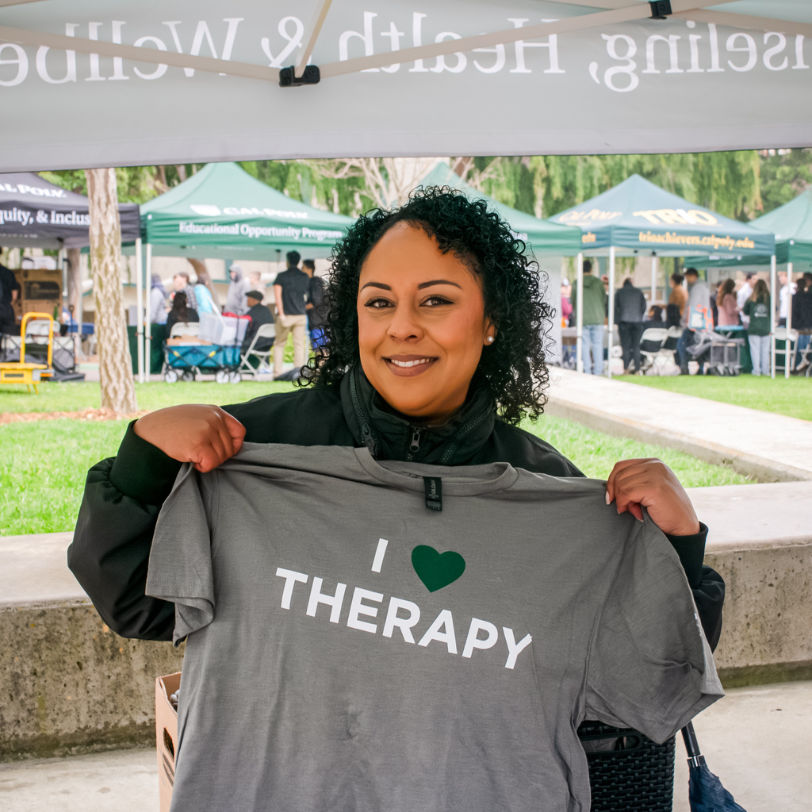After a Loved One Dies
It is common for people to experience a range of emotions and responses when someone they care about dies. The following are common responses, which may present differently from person to person:
|
|
Most of these reactions, while distressing, are healthy responses to the situation and will resolve themselves in time.
On-Time Deaths vs. Sudden, Traumatic Loss
On-time losses are deaths that are expected, such as the loss of an elderly parent or grandparent due to natural causes. These types of deaths can be very painful and include strong feelings of grief, loss, and longing for the person who passed away. Sudden, traumatic loss occurs when a loved one dies unexpectedly, often in a violent manner (e.g., car accident, homicide, sudden illness, etc.). In general, research suggests that sudden, traumatic deaths are more likely to cause more severe psychiatric symptoms in the friends and family members of the lost loved one. This is due to a lack of warning about the event, exposure to the event, and the fear that the event could occur again. Because of the nature of the event, individuals are more likely to display symptoms of acute stress or post-traumatic stress disorder (e.g., flashbacks, hypervigilance, and intense distress to triggers).
When should I seek counseling?
If symptoms last for several weeks or significantly interfere with functioning, it could be helpful to speak with a professional. This may be especially true for someone who has experience a sudden, traumatic loss. However, even people who have experienced an expected loss and do not experience significant impairment in functioning may find it helpful to talk to someone about their loss.



